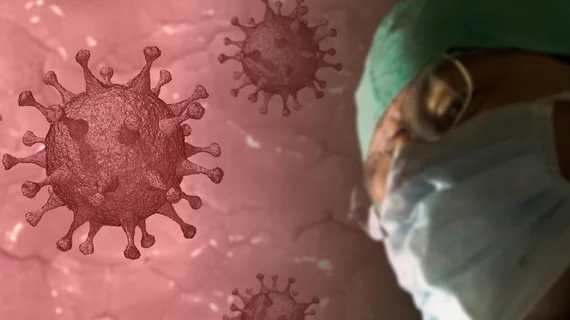Medical school applications skyrocketing, propelled by COVID-19 and the ‘Fauci effect’
The COVID-19 pandemic has pushed hospitals and providers to their breaking points, but it has also inspired a record number of students to apply for medical school, according to a new report.
In fact, the Association of American Medical Colleges says its applications are up 18% compared to last year, even amid falling college enrollment numbers, NPR explained in its Dec. 7 story.
At Stanford University School of Medicine, applications are up 50%. Boston University School of Medicine, meanwhile, is seeing a 27% uptick in applicants.
Admission officers believe the stats are driven by the leadership of healthcare workers and public figures like Anthony Fauci, MD, director of the National Institute of Allergy and Infectious Diseases. Some are even calling it the ‘Fauci effect.’
Others attribute the extra free time many now have as a reason more students are completing the lengthy application process.
"A lot of the plans they made postgrad honestly fell through," Sahil Mehta, a practicing radiologist and founder of MedSchoolCoach, which prepares students for the Medical College Admission Test, said to NPR.
Read the entire story below.

